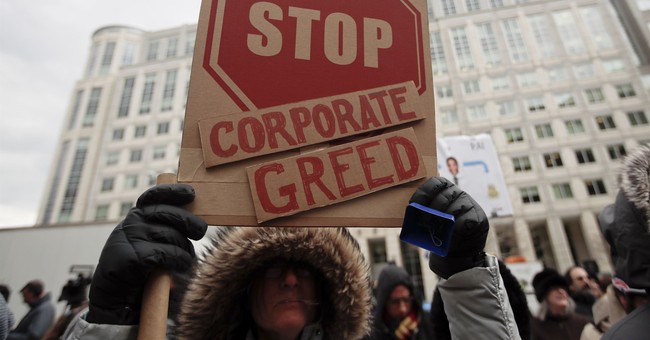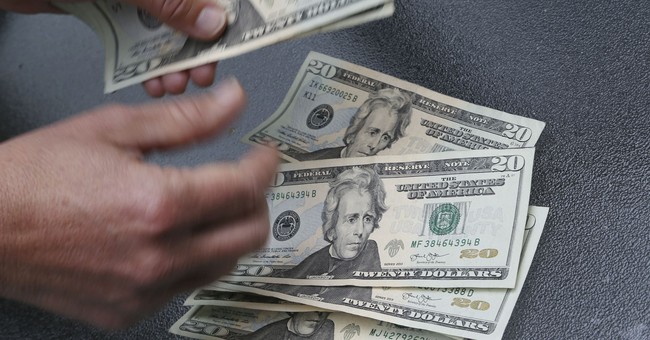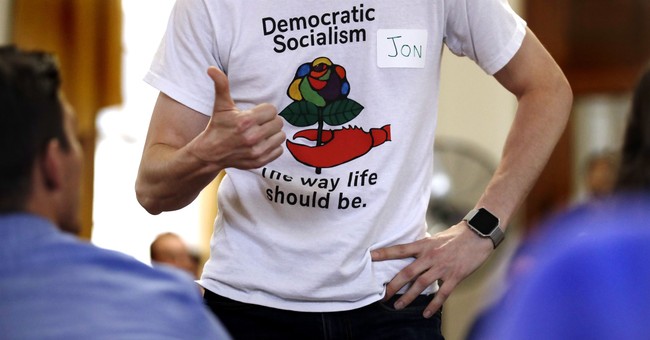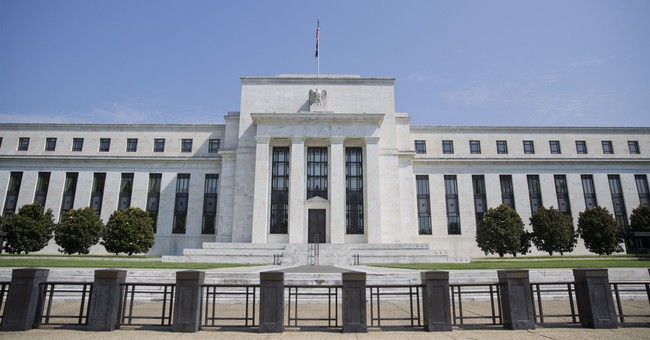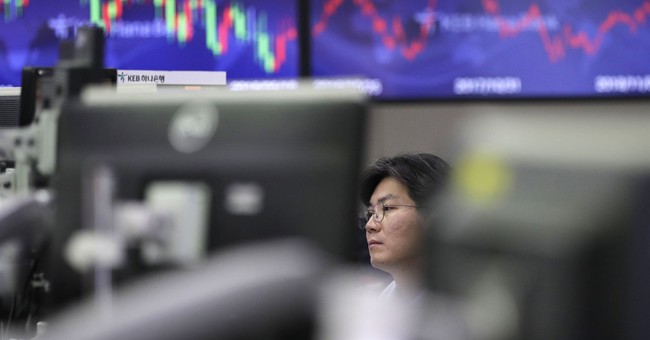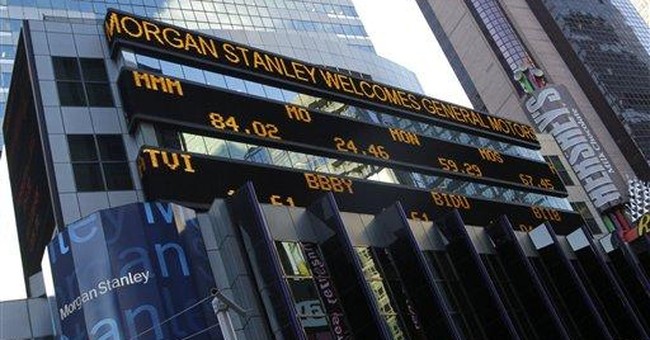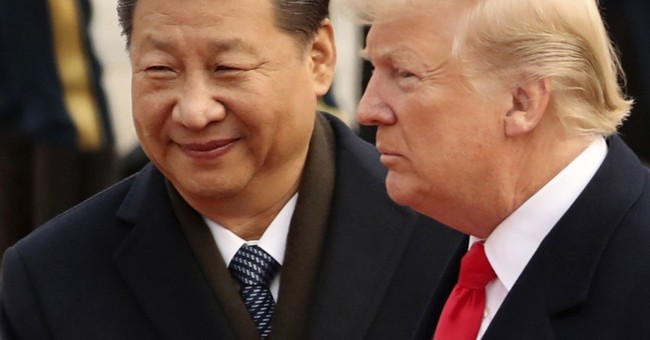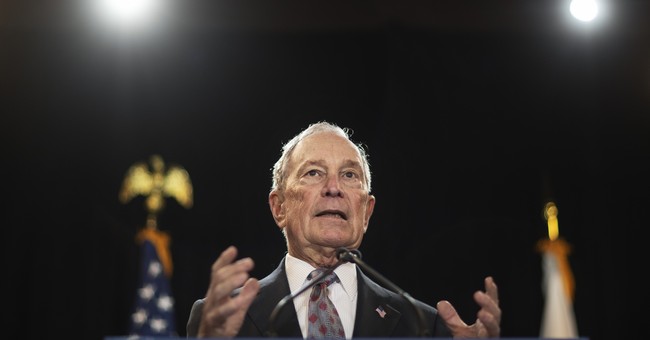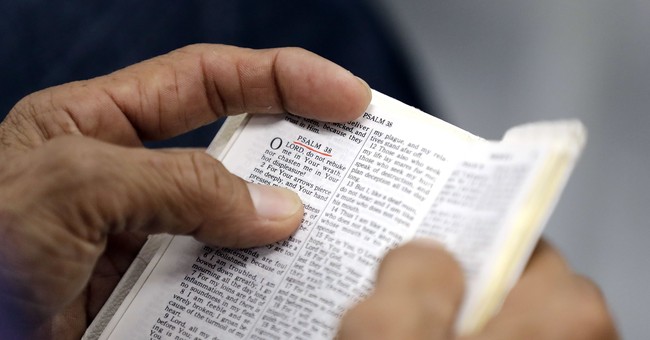
Source: U.S. Navy photo by Mass Communication Specialist 2nd Class Erwin Jacob Miciano
The number of patients who have died from the COVID-19 virus will have topped 175,000 by the time you read this. A vaccine is at least a year away. So far, the only treatment approved by the FDA and Dr. Anthony Fauci, director of the National Institute of Allergy and Infectious Diseases, is Remdesivir, which does nothing but slightly reduce the length of suffering and does not save lives.
Meanwhile, Fauci and the FDA are preventing doctors from using a treatment that shows the potential to reduce deaths by 50%. There is good evidence that 90,000 people died because Fauci and others questioned the studies that claim to prove the treatment works.
That treatment is the infamous Hydroxychloroquine, which often goes by the initials HCQ. Norman Doidge, a psychiatrist, psychoanalyst, and author of The Brain That Changes Itself and The Brain’s Way of Healing, details the history of the use of HCQ against the virus and the debates over the studies in “
Hydroxychloroquine: A Morality Tale.” According to the best studies, HCQ could cut the virus’ ability to kill in half. Yet, Fauci and the FDA have decided to block its use and fine or imprison any doctor who gives it to a patient. And he is doing the
same thing with another widely used treatment, plasma from patients who have recovered from the virus, which is championed by the Mayo Clinic.
Fauci’s has one beef with studies showing the effectiveness of HCQ and plasma: they haven’t gone through randomized controlled trials (RTCs). For Democrats, an RCT means the researchers give one group of patients the treatment thought to be effective and lie to the other group, telling them they got it but didn’t. They call the deceived the placebo group. RTCs are the gold standard of medicine, but they have problems of their own. They’re expensive and time-consuming. COVID-19 victims lack both. And it usually takes several RCTs over multiple years to please everyone in the medical field.
In addition, RCTs are not the gold standard Fauci proclaims. The Journal of the American Medical Association reported in 2014 that 35% of the results of RCTs could not be replicated. That means they were junk science.
Some doctors think RCTs are immoral. Dr. Didier Raoult, from l’Institut hospitalo-universitaire in France, introduced the West to HCQ with azithromycin as a treatment for COVID-19 in its early days. Raoult is the most highly cited microbiologist in Europe. He has published over 2,000 papers. He has been given the French Legion d’honneur.
And he refuses to conduct RCTs. He said, “We’re not going to tell someone, ‘Listen, today’s not your lucky day, you’re getting the placebo, you’re going to be dying.’” Dr. Doidge wrote,
“The randomization conflict almost always exists in serious illness, because we don’t generally study treatments on dying people that we think have no chance of working. Any clinician-researcher deserving the name knows that being a researcher does not cancel out the clinician’s Hippocratic oath to do no harm, or give them permission not to do what is best for the patient."
So here we are in the middle of one of the worst medical catastrophes in recent world history. People are dying by the thousands every day. What is Fauci’s response? He demands that doctors allow patients to continue to die until several years later when we have had enough lengthy RCTs to prove conclusively that the treatments work.
Meanwhile, Fauci promotes hand washing, masks (after first telling us they did no good) and ventilators, none of which have passed through the hallowed halls of RCTs. Eighty percent of patients put on ventilators die, but Fauci doesn’t demand that doctors quit using them. And the drug he promotes, Remdesivir, will do nothing but shorten the length of the illness by so little that most people won’t notice.
The studies showing HCQ and plasma to be effective are known as observational studies. In those, some doctors give the treatment to their patients while other doctors don’t for their own reasons. Researchers analyze the data using statistical techniques to control for other factors that may affect the results, such as age, weight, severity of the illness, how early the treatment began, and others. Economists use the same techniques in econometrics because they can’t do RCTs either. Then they compare results. Doidge wrote,
“Raoult opted for observational studies, in which as many patients as possible are treated. This is not a matter of choosing a design that is ‘fatally flawed,’ it is a matter of choosing a design that is not unnecessarily fatal to the patients. It’s is not sloppiness (as some of his critics would allege), but being true to the study question as he saw it: How can we save as many lives as possible…
“A lot of people have gone crazy,” says Raoult, “claiming that we were dealing with the most dangerous drug in the world, when almost 2 billion people have already taken it.” HCQ, he points out, has been given safely for decades, even to pregnant women, but is being made to look dangerous. […] “It is bizarre, but it is part of something, you know, that people are completely turned mad about one of the medics [sic] that have been most prescribed medications in the history of humanity.”"
What about the studies in Lancet and the New England Journal of Medicine that claimed HCQ caused cardiac arrhythmias and a 30% increase in deaths in COVID-19 patients? The mainstream media trumpeted those stories. But those same media outlets refused to run a story a month later when both journals pulled the articles and accused the authors of fraud. Two of the best medical journals in the US were suckers for unsophisticated con men.
In the middle of an emergency, it’s criminal to withhold from dying people the only treatments that have shown some success in preventing death. There is a problem with HCQ: it’s in short supply because every country in the world but the US is giving it to their people. Dr. Fauci has nothing to offer.
Dr. Fauci isn’t stupid, so what motivates him? Dr. Doidge believes it’s politics:
“We live in a culture that has uncritically accepted that every domain of life is political, and that even things we think are not political are so, that all human enterprises are merely power struggles, that even the idea of “truth” is a fantasy, and really a matter of imposing one’s view on others. For a while, some held out hope that science remained an exception to this. That scientists would not bring their personal political biases into their science, and they would not be mobbed if what they said was unwelcome to one faction or another. But the sordid 2020 drama of hydroxychloroquine—which saw scientists routinely attacked for critically evaluating evidence and coming to politically inconvenient conclusions—has, for many, killed those hopes.”
Not to mention, killing people. Apparently, Fauci and the Democrat experts who support him would rather watch 90,000 people in the US die than give any credibility to President Trump in an election year. And the Democrat-controlled media and politicians support him.
